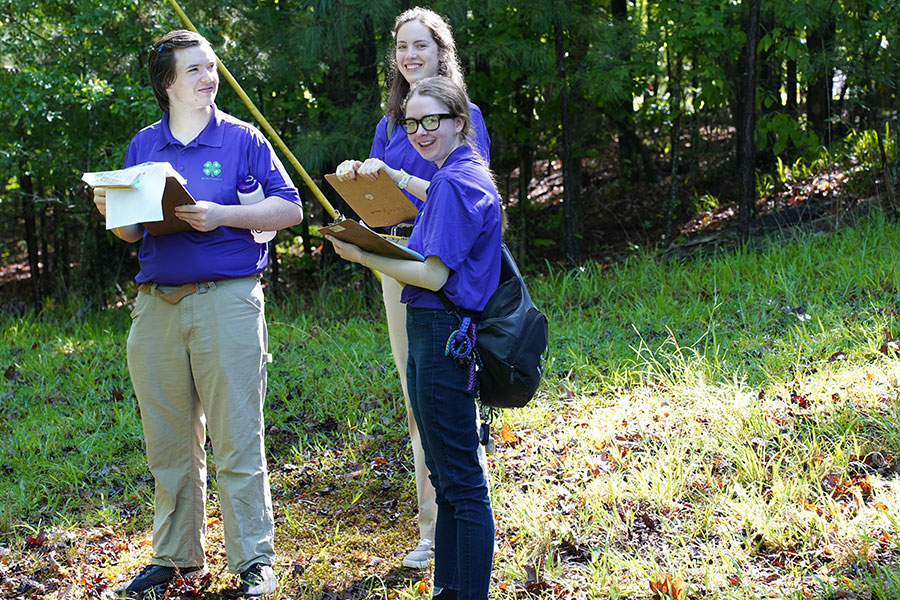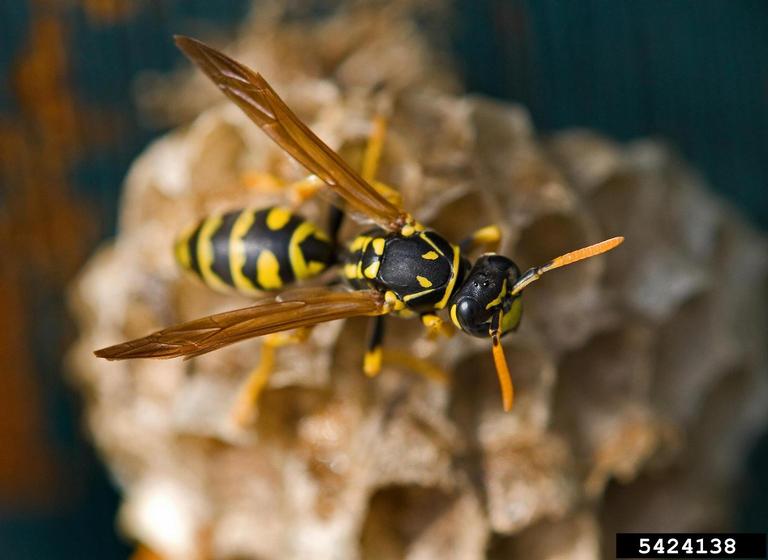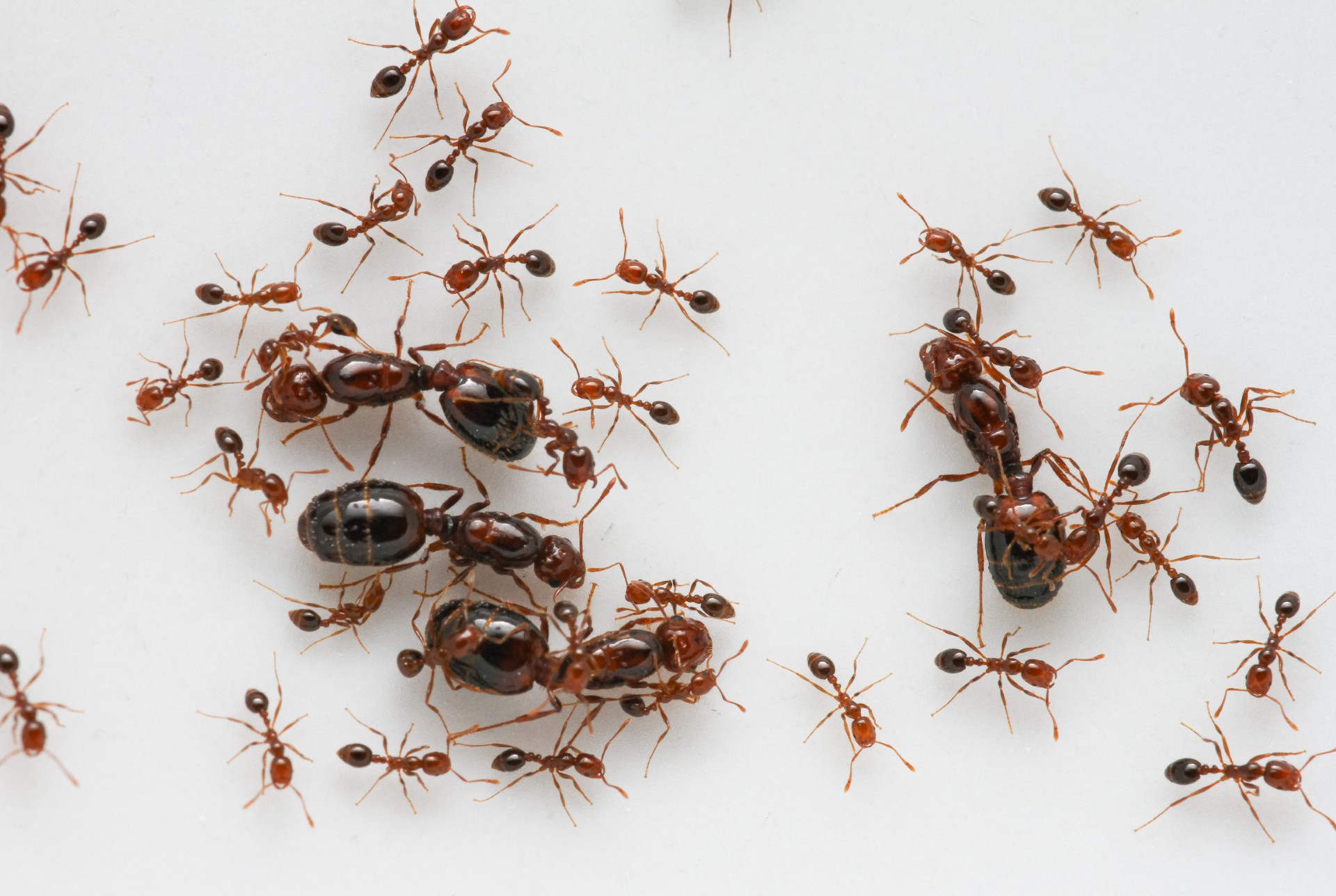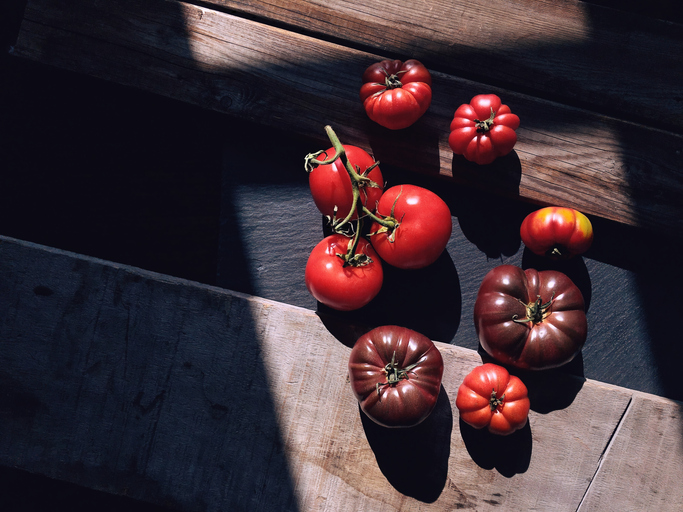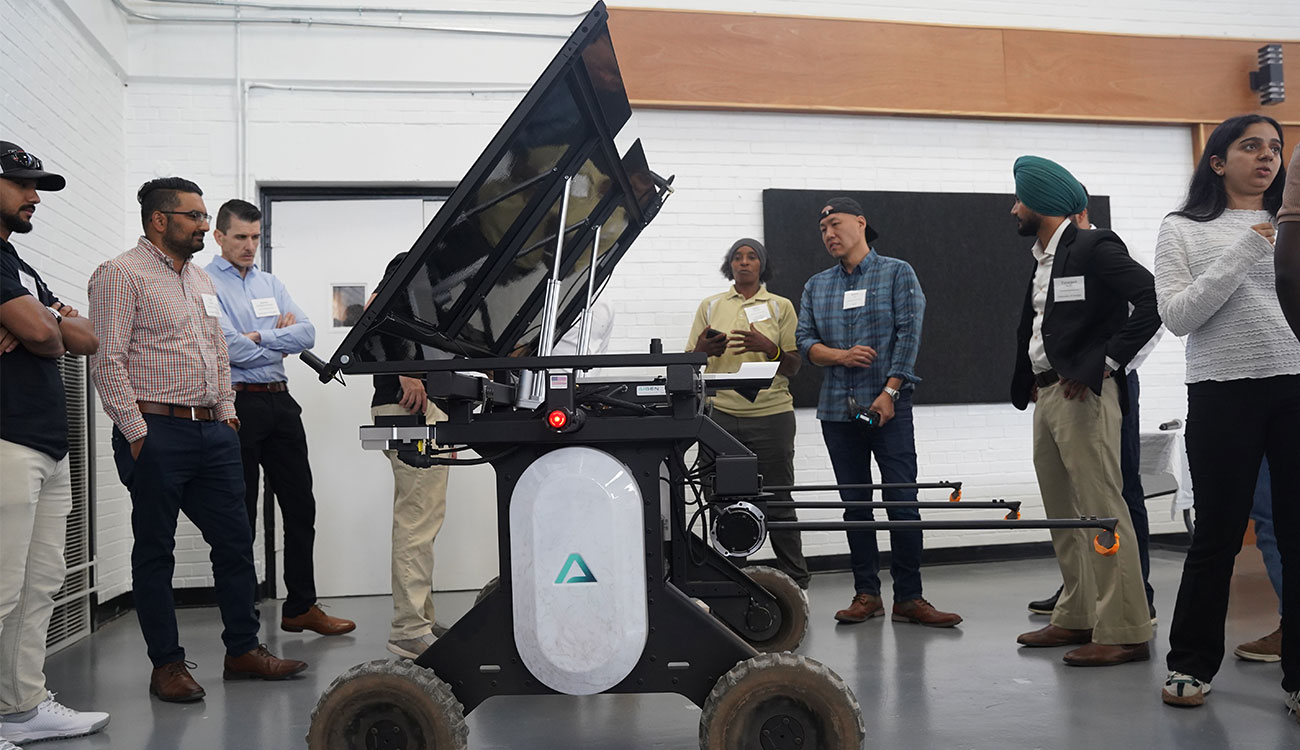With the Hepatitis A outbreak in Mexican-grown strawberries barely over, another problem has hit the imported produce industry. This time it's a parasite in Guatemalan raspberries.
"The Centers for Disease Control and Prevention received reports of eight cyclosporiasis outbreaks in five states," said Judy Harrison of the University of Georgia. She's a food, nutrition and health specialist with the UGA Extension Service.
The outbreaks were in California, Florida, Nevada, New York and Texas. Early reports said raspberries from Guatemala, and possibly Chile, were the likely source, Harrison said.
The demand for fresh produce year-round has brought a flood of imported goods into the United States. Shoppers, not knowing how the produce was grown and packed, wonder about the safety of these foods.
"Consumers must be aware that there can be problems with any produce if mishandled," Harrison said. "You cannot say one source is safer than another. You have to look at each situation."
The United States has strict standards. But accidents can happen.
"To my knowledge, the source of the Cyclospora contamination in the raspberries hasn't been determined," Harrison said. "With parasites, as well as viruses like the Hepatitis A in the strawberries, fecal contamination or contaminated water used on the produce could be a possible route."
The American food supply is known to be among the safest in the world. But it's still important to take precautions with any fresh food.
"We can never live in a risk-free environment," Harrison said. "Even if you grow your own produce, things can happen to contaminate it, such as animals getting into fields or orchards, or unclean hands harvesting and handling it."
Could proper cleaning clear away parasites?
"The jury is still out on that one," Harrison said. "Raspberries present a special cleaning problem because they're delicate and can't withstand a lot of force. Plus, they have a lot of nooks and crannies where the organisms could hide."
A May 30 CDC report said washing the berries could lessen the risk. But even thorough washing may not get rid of all Cyclospora. The report stressed that produce should always be thoroughly washed.
What's the best way to do that? So far, studies haven't come up with a clear answer.
"Our best guess is to wash with a spray of water while stirring the berries to clean as thoroughly as possible, or to wash them under running water," Harrison said. "We just don't have a definitive answer to that yet."
Even if produce is safe when it arrives in the store or in your kitchen, it can become contaminated before you eat it if you mishandle it.
"Thoroughly washing produce should decrease the risk of food- borne illness in most situations," Harrison said.
She offers these tips when buying fresh fruit:
1. Buy from reputable, clean-looking sources. If your grocery store and the employees look unsanitary, they probably are. You could find the same problems at fruit stands or pick-your-own farms. One source may not be better than the other. Good processing and sanitation practices are key in any setting.
2. Wash all produce thoroughly. Running water or water under pressure is best. Use a vegetable brush to clean sturdier fruits and vegetables. Sanitize the brushes in a chlorine bleach solution or in a dishwasher with a sanitizing cycle.
Pathogens in fresh produce can cause intestinal trouble for the healthiest among us. But they can cause special problems in the young, the elderly and those with immune systems weakened by chemotherapy or diseases like leukemia or AIDS.
"Young children are more at risk for food-borne illness because their immune systems aren't as fully functioning as an adult's," Harrison said. "The elderly are on the other end of the scale. Their immune systems are declining, putting them at more risk, too."

